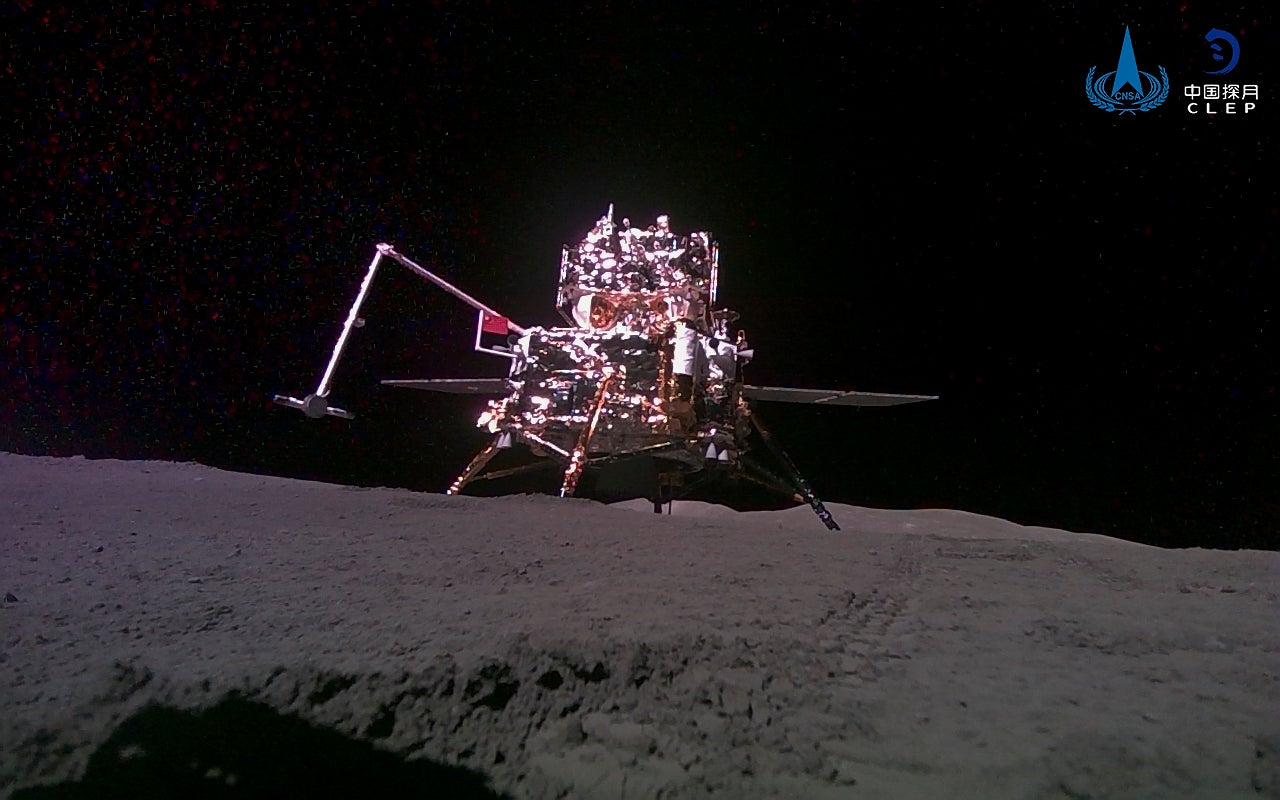China’s plans to put boots on the Moon by 2030 are on track with tests proceeding as per schedule, the country’s space agency said, following an early trial of its lunar landing spacecraft last week.
The Asian giant’s timeline to land astronauts back on the Moon is still behind the schedule of Nasa’s Artemis II crewed mission, which has been delayed until 2027.
Last week, China’s space agency announced the successful trial of its prototype Mengzhou next-generation reusable spacecraft and the Lanyue lunar surface lander, adding that their development was “progressing smoothly”, SCMP reported.
In subsequent months, the space agency plans to test the safety and reliability of the country’s three-stage superheavy rocket, Long March 10, as well as the Mengzhou spacecraft.

Mengzhou has two modules, one that would return to Earth, and another expendable module to provide propulsion, power and life support for a crew of about six astronauts while they are in space.
“The Long March 10 and Mengzhou spacecraft are carrying out prototype development and testing as planned,” said Lin Xiqiang, deputy director of the China Manned Space Agency (CMSA).
Further ground tests would also assess the spacecraft’s emergency escape systems, developed to get the crew to safety in the event of a launch failure.
In earlier reports, the space agency said it expected the spacecraft to attain crewed flight capability around 2027-2028.
“We will strive to ensure the successful completion of all tests to lay a solid foundation for launching humans to the moon as scheduled,” the CMSA deputy director said.
Meanwhile, Nasa’s Artemis III crewed mission to the lunar surface has been facing a series of delays.
Both the Chinese and American missions are aiming for a landing near the lunar south pole thought to be rich in water-ice, a resource critical for establishing bases.
Nasa announced in December that its mission to put boots on the Moon would be delayed to mid-2027, after problems were discovered with the heat shield on its Orion spacecraft.
Extensive tests found that material on the spacecraft’s heat shield wore away differently than expected.
The heat shield is supposed to provide thermal protection for Orion’s crew from the nearly 2,760 degrees Celsius (5,000 degrees Fahrenheit) of temperatures generated when Orion returns through Earth’s atmosphere.
The American space agency has been testing changes to Orion’s trajectory and enhancements to the heat shield to ensure the spacecraft can keep the crew safe.
“The updates to our mission plans are a positive step toward ensuring we can safely accomplish our objectives at the Moon and develop the technologies and capabilities needed for crewed Mars missions,” said Catherine Koerner, associate administrator for Nasa’s Exploration Systems Development Mission Directorate.
Nasa rover spots strange Martian rock that looks like ‘chocolate cake’
Cool space image shows route of Mars rover as it treks across the Red Planet
Nasa tracks runaway ‘zombie star’ capable of ripping humans apart
Secretive Russian satellite appears to be spinning out of control
First planet of its kind with ‘gargantuan’ comet-like tail discovered







